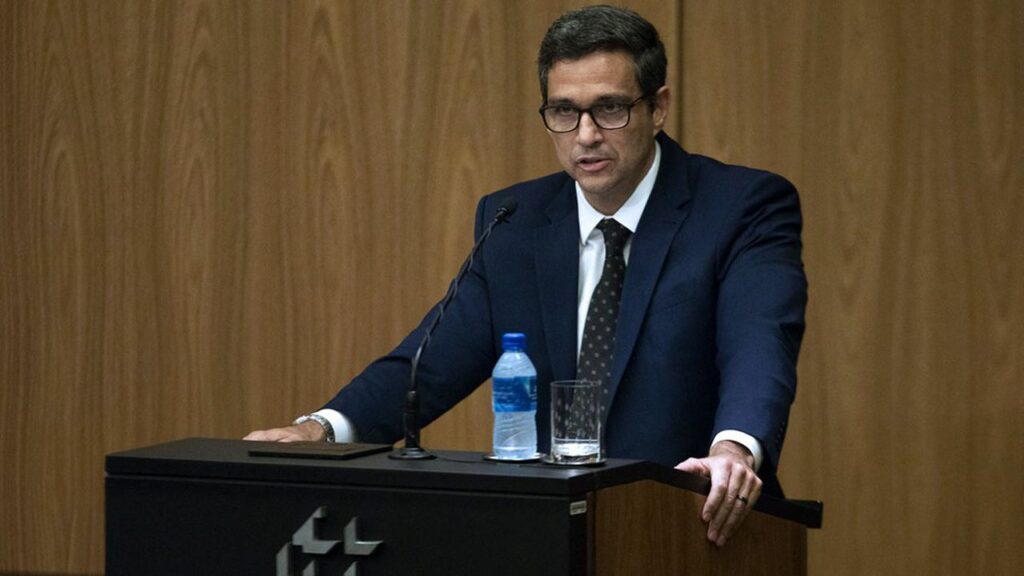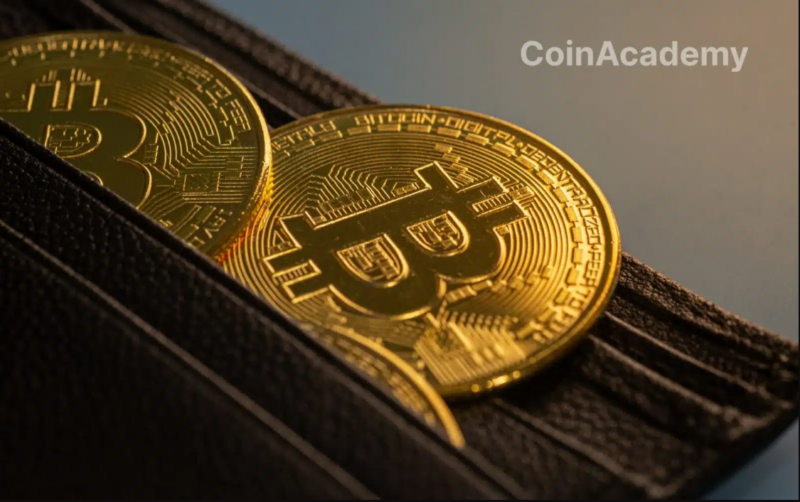Alongside the crypto ecosystem, traditional financial institutions are responding with the development of a central bank digital currency (CBDC). Today it is the turn of the Central Bank of Brazil, which is planning to carry out a pilot project for its future central bank digital currency, the digital real. On the one hand, this initiative will allow individuals and companies to benefit from a secure digital payment option. On the other hand, and even before their implementation, the creation of a central bank digital currency is strongly criticized, especially for the risk it poses to users’ personal data since all transactions will be accessible through an intermediate, centralized body (a central bank).
Nevertheless, projects to create central bank digital currencies (CBDCs) are flourishing all over the world. Recently, the European Union launched its own digital euro project. Still in the consultative phase, the European Union has been collecting public comments since April 5, 2022.
This public consultation complements that of the European Central Bank (ECB) with the aim of gathering information on the expected impact on key sectors, users, chambers of commerce and other stakeholders in international trade, according to data available on the European Commission’s website. The results of the first consultation point to the fact that the digital euro (like other CBDCs) could contribute to lower interest rates, in addition to speeding up transaction processes and reducing the use of cash.
Outside the European Union, some American states and Malaysia are considering – or have already evaluated – the potential of the CBDC.
A future digital currency for Brazil?

Brazil is no exception to the rule and is aligning itself with its neighbors so as not to fall behind. In this race to create a digital currency, the Central Bank of Brazil (BCB) has decided to move forward with the “digital real” project. The Brazilian real has been the official currency of Brazil since 1994.
The new President of the Central Bank of Brazil, Roberto Campos Neto, spoke about this and considered it a “way to create a digitalization of the currency without creating a break in the balance sheets of banks. This project should be a kind of pilot in the second half of the year“.
This is a way to create currency digitization without creating a break in bank balance sheets. This project should have some kind of pilot in the second half of the year.
Roberto Campos Neto, President of the Central Bank of Brazil
Roberto Campos Neto, president of the Central Bank of #Brazil, hinted at an unspecified test involving the usage of the digital currency during the final six months of this year. https://t.co/9BxfUMhrfb
— Bitcoin News (@BTCTN) April 17, 2022
He also revealed details about the future digital currency of Brazil that should be implemented during the year 2022 (if the results of the tests are successful). Indeed, he explains that it will be “linked to the reserve transfer system” and that it will be a kind of payment system based on the country’s banknotes.
In addition, in March 2022, Brazil selected nine institutions (out of 47 proposals) that will be in charge of producing projects designed to introduce the digital real to individuals but especially to professionals. Brazil’s central bank is working on this project in collaboration with reputable companies, including Visa.
At the same time, Brazilians are passing crypto-friendly legislation.




